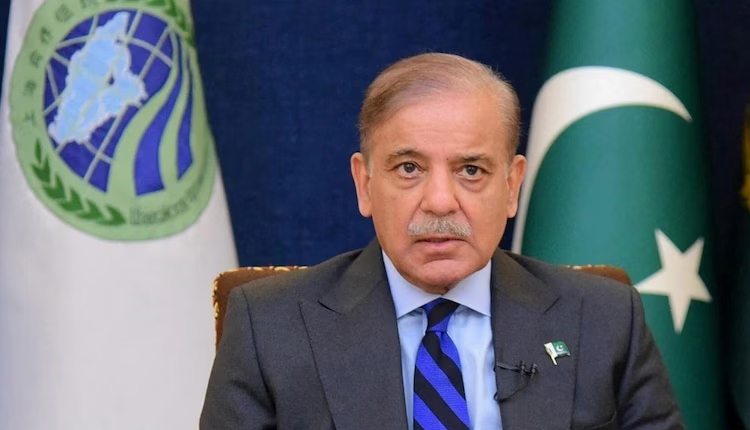Islamabad: In a dramatic diplomatic pivot, Pakistan has publicly distanced itself from US President Donald Trump’s 20-point Gaza peace blueprint, with Foreign Minister Ishaq Dar declaring in the National Assembly that it fails to mirror the consensus of Muslim and Arab nations.
Just days after Prime Minister Shehbaz Sharif’s initial endorsement, the reversal has sparked a domestic backlash, portraying the original endorsement as a potential compromise on Palestinian rights.
Dar, who is also the Deputy Prime Minister, stated unequivocally: “We do not endorse the 20 points that Trump has publicised.” Our draft was altered – I have the records.” He stressed zero room for politics in the Palestinian cause, reaffirming Islamabad’s steadfast policy rooted in Quaid-e-Azam Muhammad Ali Jinnah’s legacy: unyielding support for an independent Palestine with Al-Quds Al-Sharif as its capital.
The saga traces back to the 80th UN General Assembly session, where Trump huddled with foreign ministers from Pakistan, Jordan, the UAE, Indonesia, Turkey, Saudi Arabia, Qatar, and Egypt. Their joint draft prioritised an immediate ceasefire, humanitarian aid, and ending Gaza’s violence. Yet, divergences emerged sharply. Pakistan pushed for a full Israeli troop withdrawal from Gaza; Trump’s version proposed a phased pullout tied to hostage releases.
Initial attempts at unified signatures fizzled amid disagreements. Post a September 29 Trump-Netanyahu summit, the US unveiled its solo plan, sidelining the collective vision. Sharif’s early welcome — reiterating a two-state solution — drew fierce flak at home, with critics decrying the absence of a clear Palestinian roadmap as “surrender.”
Dar revealed frantic backroom exchanges: “We swapped hard copies in hotel rooms; eight nations traded informal drafts over 24 hours.” While some proposals gained traction, others linger for future talks.
As global eyes turn to Gaza’s escalating crisis, Pakistan’s retreat underscores the tightrope of balancing alliances with ideological moorings – a Jinnah-era echo in modern realpolitik.



Comments are closed.